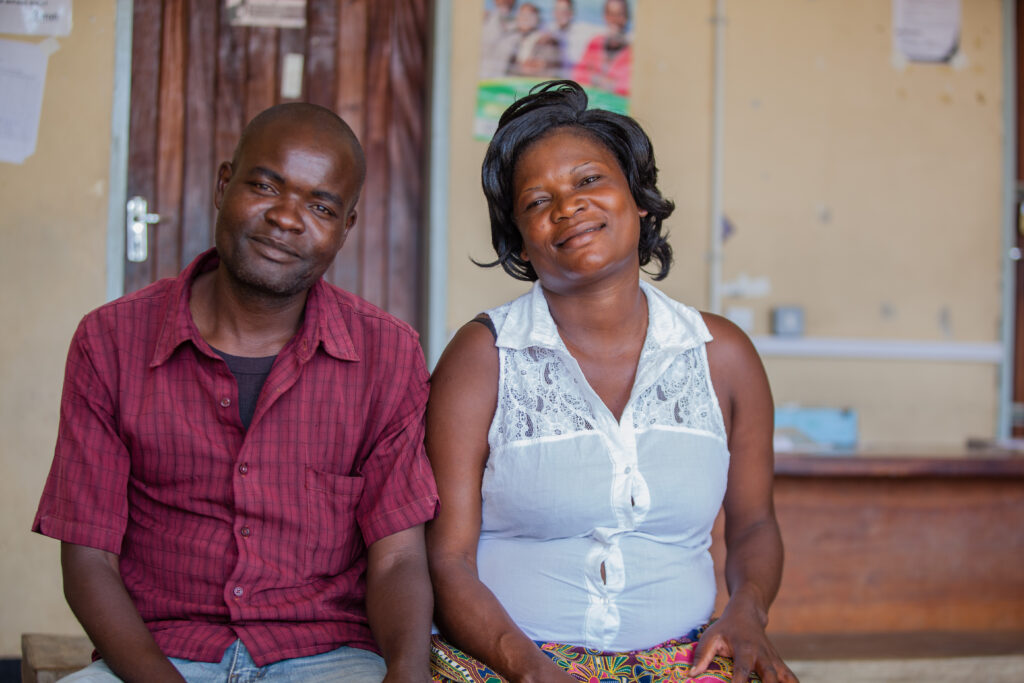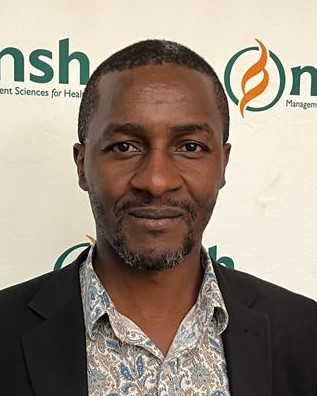Tamatisha TB
Tamatisha TB

Overview
Despite the advancements it has made in fighting tuberculosis (TB) in recent years, Kenya has struggled to maintain that progress and meet the ambitious targets set forth in the global End TB Strategy. Many people with TB remain undiagnosed, while access and adherence to care continue to present challenges. These gaps in diagnostic and treatment services lead to higher TB incidence and increase the risk of morbidity and mortality.
In a sub-recipient role, MSH will help implement the Tamatisha TB Activity—a five-year project that aims to strengthen Kenya’s health system and capacity to achieve sustainable, quality TB control. We are partnering with Centre for Health Solutions–Kenya, a local nonprofit organization to improve TB detection, treatment, and prevention services. This partnership, along with our close collaboration with national and county governments, will ensure this work builds on existing, locally led efforts to end TB and help further tailor our approach to meet the unique needs of the 16 Kenyan counties in which we are providing deep-focused support. MSH will leverage our expertise to promote data-driven decision-making, build health workforce capacity, institutionalize active drug safety monitoring, and provide technical assistance for overall health systems strengthening.
The project focuses on:
- Strengthening pharmaceutical management systems for TB commodities
- Improving quality of care for TB patients
- Enhancing laboratory commodity management
- Strengthening capacity and sustainability for TB control
Fact Sheet: The Challenge of Tuberculosis
The number of new TB cases worldwide has been declining steadily in recent years. However, the burden remains high among low-income and marginalized populations. MSH develops innovative strategies to bring diagnostic, preventive, and treatment services to high-risk populations.
The five-year project, known as Tamatisha TB, will work with national and county governments to increase detection, enhance treatment success, strengthen prevention measures (particularly among high-risk populations), and increase capacity and sustainability for TB control.

Joseph Mukoko
Project Lead
Project Contact
Joseph Mukoko has more than 23 years of experience in the public and private health sectors in Kenya, with 20 years focused on health systems strengthening at MSH. At MSH, he has held senior positions overseeing work plan activities and public health program-related interventions. He led the Blueprint for Innovative Health Access program, which focused on strengthening the pharmaceutical and supply chain systems for noncommunicable diseases in Kenya. He also provided technical guidance and support as the principal technical advisor for the USAID Medicines, Technologies, and Pharmaceutical Services Program to address antimicrobial resistance in Kenya.
Mukoko has led and supported initiatives for public health programs, including TB, malaria, HIV, and family planning, and managed technical teams to strengthen pharmaceutical and laboratory systems. Prior to joining MSH, he worked for the Ministry of Health Pharmacy and Poisons Board in the Drug Registration department. Mukoko is a registered pharmacist in Kenya with a bachelors in pharmacy from the University of Nairobi and a postgraduate diploma in epidemiology from the University of London.
Donors & Partners
Donors
The United States Government
Partners
Centre for Health Solutions–Kenya (CHS)
Respiratory Society of Kenya (ReSoK)
Stop TB Partnership–Kenya
Epidemic Control Systems (Epcon)